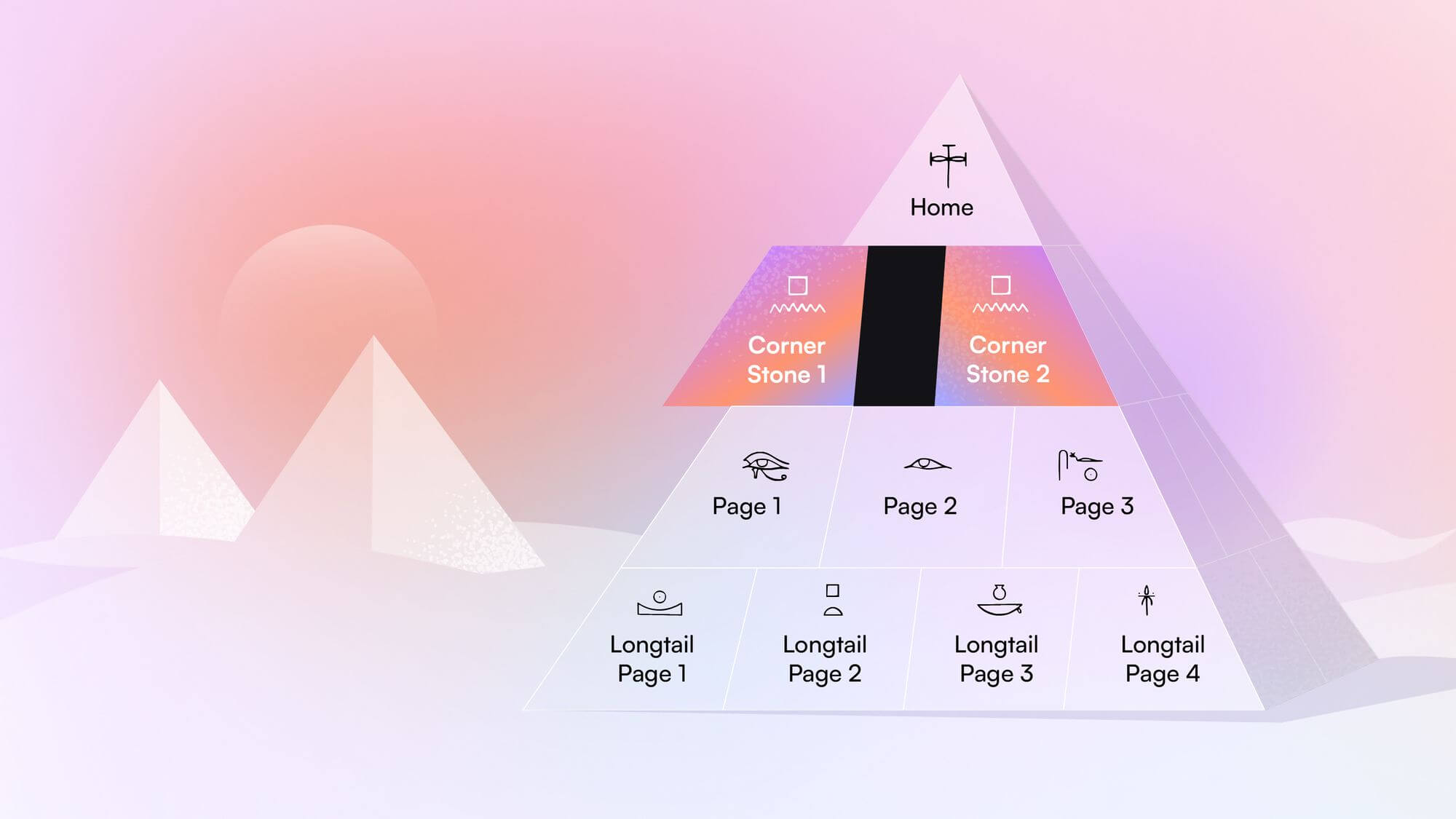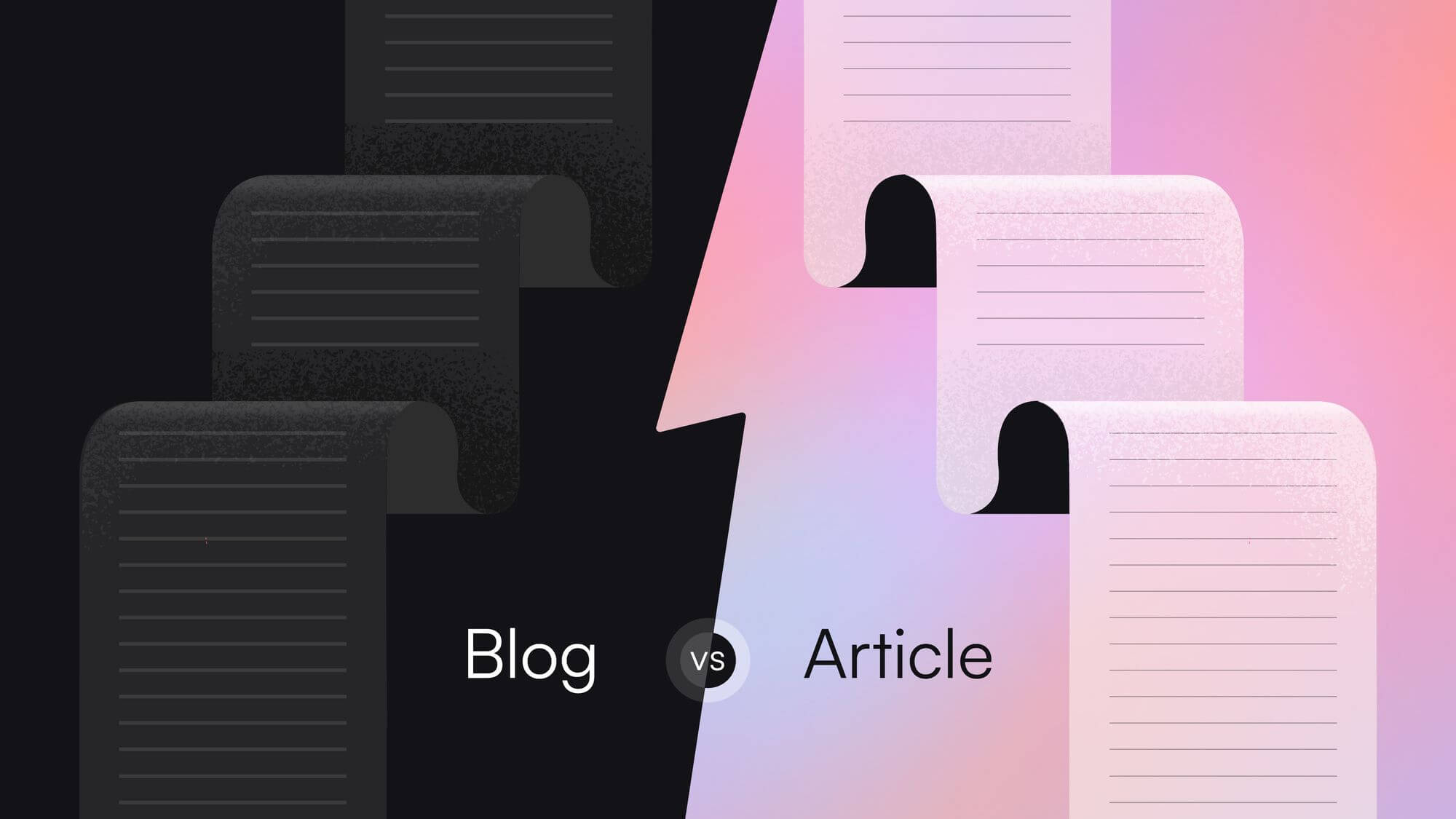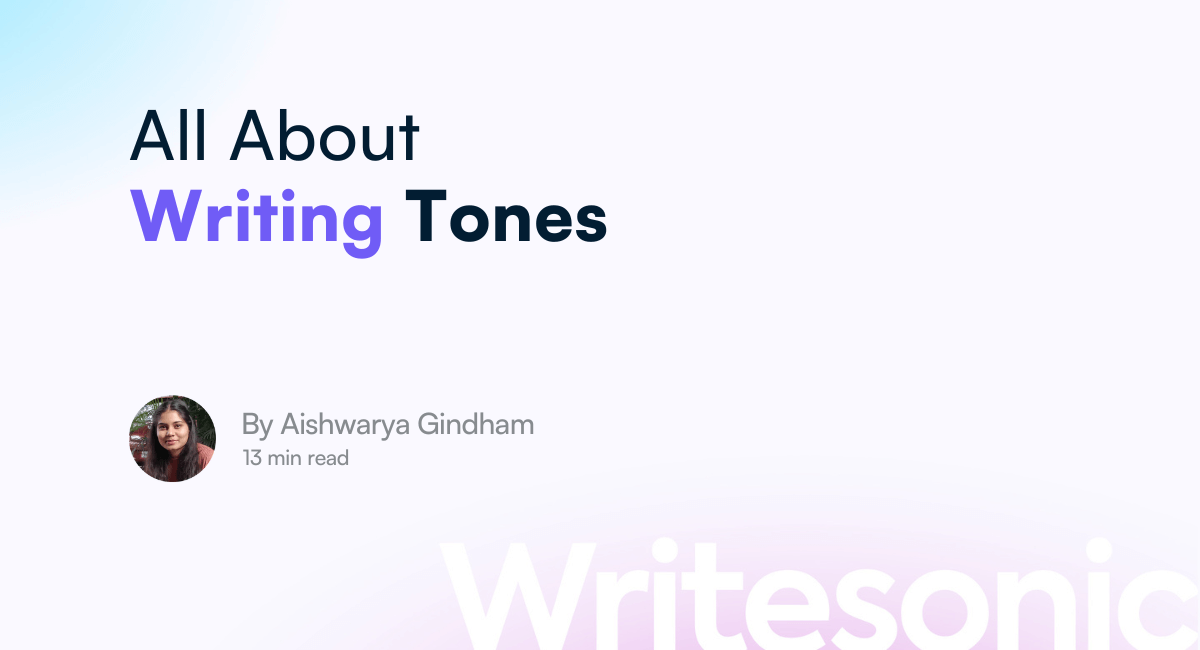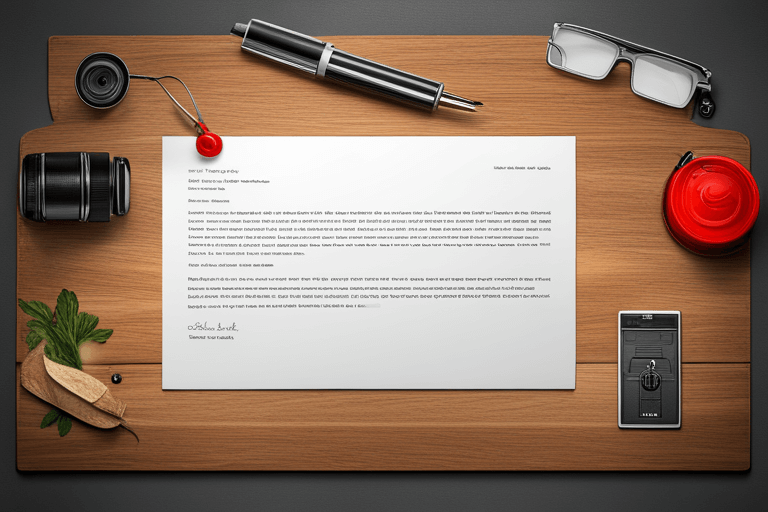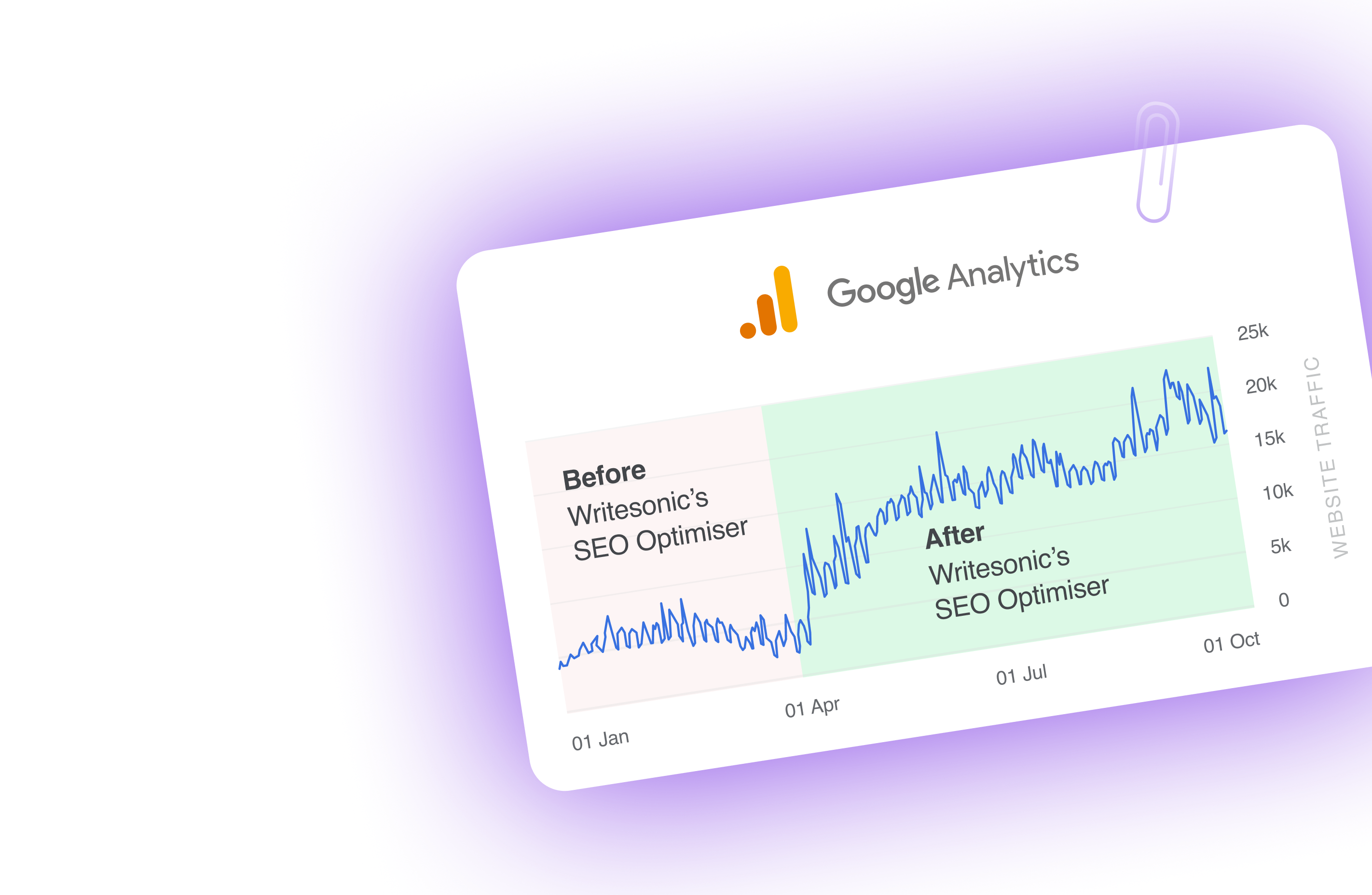The world of content writing is a dynamic one; the rules are ever-changing and new subgenres are emerging all the time. Content writing is no different. Over the years, it has evolved into different types based on the medium, audience, or objective of your content. They all have their own unique characteristics as well as similarities that help define them as subcategories of content writing. There are several different types of content writing—so many, in fact, that it can be a little overwhelming at first. But don’t worry! This article will break down each type to help you determine which one is right for you. Keep reading to find out more about each subgenre and see which one you think would suit your needs best.
What is Content Writing?
Content writing is a form of writing that is used to create informational or educational pieces. As the name suggests, content writing is the process of creating a piece of writing that is meant to attract, engage, and inform an audience. Examples include articles, blog posts, eBooks, white papers, case studies, and how-to guides. Content writing is used for many different purposes, including marketing, sales, and lead generation. Content can be published on your own website or on someone else’s site, such as a publication’s blog. You can create your own content or write on behalf of a client. Some content writing jobs are ongoing (e.g., an e-newsletter), while others are one-offs (e.g., a guest post).
Like a piece of clothing, content has many layers that combine to create a final product. The fabric, design, stitching, and color all come together to create an item that is both beautiful and functional. In the same way, content writing is all about crafting a piece of content written specifically for a certain audience. Whether it’s a blog post, article, or press release, the content marketing goal remains the same: to provide your reader with relevant, useful information that furthers your intended message.
Content is often considered one of the cornerstones of SEO, and is often the first place that users go when they want to learn more about a specific topic. The process of content writing involves more than just penning a pretty piece; it also covers choosing the right topic, researching, and formatting that content for optimum results.
Why is Content Writing Important for Marketing?
Content writing is a crucial aspect of any digital marketing campaign. 82% of marketers are actively investing in content marketing. It is often the first point of contact between your brand and potential customers. If your content is engaging enough, it can spark their interest and encourage them to take the next step and visit your website. If it’s not, then you’ve lost them before you’ve even had the chance to make your case. The right content can improve your click-through rates, conversion rates, and brand awareness. Content can also be used to position yourself as an authority in your niche and drive links back to your website. If done correctly, content can be a huge asset to your brand.

How to become a freelance content writer?
In the world of content, the demand for quality writing is growing by the day. Content writing freelancing can be a great way to make money from home while also keeping your creative juices flowing. If you have excellent writing skills and are ready to invest time, energy, and focus into this entrepreneurial venture, becoming a freelance content writer can be an extremely rewarding experience. You may feel like there’s some sort of catch to this, surely it can’t be that easy? And indeed, it won’t be easy at first. Any new business venture takes time and effort to get off the ground. However, with the right attitude and strategy, you can learn how to become a successful freelance content writer in no time.
Know your audience
It’s crucial to know your audience if you want to make a living as a freelance content writer. Without a clear understanding of how your content will benefit your readers, you’ll have a hard time landing clients and making a decent profit from your writing. You might be tempted to think that anyone would be happy to read your work, but that’s simply not true. To make a living as a freelance content writer, you need to know exactly who you’re writing for and what they want to get out of your content. If you don’t know who you’re writing for, you run the risk of writing content that is off-topic, bland, and uninspiring. The last thing you want to do is write content that doesn’t resonate with your readers.
Network, network, and network some more
You may find that you have to write a few articles before you start getting paid work. This is normal and shouldn’t be a cause for concern. Freelance content writing is a skill that you develop over time, so you’ll need to give yourself some time to get your name out there. You can do this by getting involved in freelance content writing communities online. Joining online forums and groups that connect freelance content writers and clients can help you get your name out there. It’s also a great way to get feedback and advice from fellow content writers. You can also try to get in touch with existing clients by writing an email and letting them know that you’re interested in expanding your portfolio of work.
Learn how to write well
Freelance content writing is all about the quality of your writing. If you’re not a skilled writer, or if you don’t have good grammar, you won’t be able to make a living off of content writing. It’s really as simple as that. You may think you can get away with being a bad writer if you have other skills, but you’d be mistaken. There’s a lot more to freelance content writing than just slapping words on a page. You have to have a clear understanding of how to write for different audiences, understand how to create engaging content, and know-how to format your work properly.
Find your niche and play to your strengths
As you start to write, you’ll want to make sure you’re targeting a specific niche. This will help you gain a reputation in your field and help you stand out as a writer. For example, if you’re interested in writing about fitness and nutrition, you could create content for websites that promote healthy living. Or if you have a love of travel, you could create content for websites that specialize in travel writing.
Don’t rely on just one platform for income
As a freelance content writer, you need to diversify your income as much as possible. This will help you create a consistent and reliable source of income and will also help to minimize your risk. If you rely on one client for a majority of your income, you’re taking a huge risk. What if that client decides to cut ties with you? What if that client decides to stop paying you for your work? There are a lot of things that can go wrong. Instead, try to build a portfolio of clients so you aren’t relying on one client for a majority of your income. This will help to mitigate your risk and will also help you work with a variety of different clients and projects.
Freelance content writing can be an incredibly rewarding career, but it’s not easy. To get started as a freelance content writer, you’ll need to have a strong portfolio of work, a solid understanding of how to write for different audiences, and an entrepreneurial spirit. You’ll also need to be ready to invest time and energy into it.
Types of content writing
Blog Writing
Blogs are one of the oldest forms of content writing. But do people still read blogs? Well, yes blogging is still going strong. Blogging can be a great way to establish yourself as an industry expert, build a following, and establish your authority in your niche. But what exactly does blogging entail? Before you can get started writing your first blog post, you need to answer a few questions about your blog, such as: What type of blog will you be writing? What’s your blogging niche? How frequently will you be publishing posts? How will your blog be structured?
Most blogs are written in a conversational style, with a blogger discussing a relevant topic related to the company. As the name suggests, a blog is a chronological log of articles or posts that are published regularly on a publishing platform like WordPress or Blogger. Your blog’s tone of voice is how an audience will perceive you. It’s like an accent that helps your customers identify you. A blog post’s voice should be clear and concise, but also friendly and approachable.
SEO Writing
SEO, or search engine optimization, is a method of optimizing content for search engines like Google. In short, SEO optimized writing is the process of creating content that is geared towards readers and search engine algorithms. While it’s true that content is king, it’s also smart to remember that readers are the ones who truly wear the crown. They are the ones who ultimately decide whether to sit on your throne. In SEO writing, the reader’s experience is the priority. You’ll want to create content that is not only engaging but also designed to rank high in SERPs. See what keywords a website ranks for already to target relevant keyphrases with blog content and spot missed topic opportunities.
.
Also, you need to focus on creating high-quality content as poorly written, low-quality content can actually damage a site’s SEO. Good SEO writing, on the other hand, can help boost your site’s SEO and bring you more traffic. A few AI writers like Writesonic can help you to generate high-quality SEO content in seconds.
Blogging with Writesonic is the perfect way to stay ahead of the content writing game. It’s an AI blog writing and article generator that can help you produce top-notch content quickly and easily. Simply give Writesonic a topic and some keywords and it will automatically generate a well-written, SEO-friendly blog post. You can even customize the post with images, videos, and other media, making it more visually appealing.
💡
Read more on how to use AI-generated content for your content writing!
Ghostwriting
If you’re looking to make some quick cash, ghostwriting could be the right type of content writing for you. Ghostwriting involves writing articles, eBooks, or blog posts on behalf of someone else. Ghostwriters are hired to create content for a client who either lacks the time or the talent to do so on their own. Since ghostwriters always work on multiple projects AI content generators help them scale their content activities. Though as a ghostwriter, you’re expected to be extremely efficient with your time. This includes researching and drafting your content, as well as getting it back to your client in a timely manner.
Ghostwriting is a fairly common practice in the publishing industry and can be lucrative for some. It can also be a great way to break into the writing industry. The only downside to ghostwriting is that you might not get credit for your work. In some cases, the author may not even properly cite you for your work.
Email Marketing
Email marketing, or email copywriting, is a type of content writing that is used for email marketing campaigns. Depending on your industry, you could be sending out newsletters, lead magnets, or other types of communications. Depending on your approach, there are several subcategories of email marketing content writing, such as demand generation, relationship building, sales, or retention emails. For example, demand-generation emails aim to encourage customers to purchase your product or service, while relationship-building emails focus on building trust with your audience and striving to retain your current customers. Email marketing is a powerful tool that can help you to grow your business. You just need to leverage email marketing hacks to get the maximum power from this channel.
Want to create captivating emails that entice your readers to ask for more? Here is how to write a newsletter that not only engages but also helps to build authority.
Press Release Writing
A press release, or press release copywriting, is a written announcement that describes something significant, such as an event, new product, or financial achievement. Press releases are commonly used by businesses to generate media attention, which can lead to increased brand awareness and traffic to your website. Press releases are typically distributed through wire services, but you can also publish them on your own website.
A press release is a great way to announce a new product or service or to announce a partnership or merger. It’s also a great way to take advantage of free PR by syndicating your press release on third-party websites. When writing a press release, there are a few things to keep in mind like who is your press release meant to appeal to? What is their background? What are their interests? This will help you shape your message to resonate with your reader.
Website Copywriting
Website copywriting is the process of crafting effective copy for a website. It involves creating copy for pages like the homepage, product pages, and landing pages that is both engaging and informative. It is the job of the website copywriter to make sure that the written content is clear and concise, while also making sure that it is optimized for search engines. This means that the right keywords are used throughout the copy, and that the copy is structured in a way that can attract new visitors.
Landing page copy is a key part of website copywriting. You need to understand thoroughly on how to write a website copy. It is designed to capture the attention of visitors and convince them to take action, such as making a purchase or signing up for a newsletter. Landing page copy is usually short, but it needs to be persuasive and compelling. It should also be tailored to the specific audience that the website is targeting. Good website copywriting can make a huge difference in how successful a website is, so it’s important for businesses to invest in the right copywriter if they want to make an impact.
To make it easier, use an AI website copy generator like Writesonic’s.
Summing up
As you can see, content writing is a diverse field with many different subgenres. Depending on your objectives, you could choose to write in any one of these subcategories.
You could write SEO articles, ghostwrite someone else’s work, publish press releases, or create interactive rich media content. The options are endless, and you could even mix and match different subgenres. Now that you know what content writing is, it’s time to explore the different subcategories to determine which one is right for you. Which one sounds most interesting to you?
Writesonic is a revolutionary AI-driven content writing platform that makes content creation effortless. The platform’s intuitive interface allows you to quickly and easily create compelling, SEO-friendly content that engages readers and drives conversions. And with its AI-powered natural language generator, you can generate content faster than ever before, allowing you to focus more on other aspects of your business. With Writesonic, you’ll never have to worry about content creation again. It’s the perfect solution for busy entrepreneurs and marketers who want to save time and get better results. So if you’re looking for a content writing solution, look no further than Writesonic.








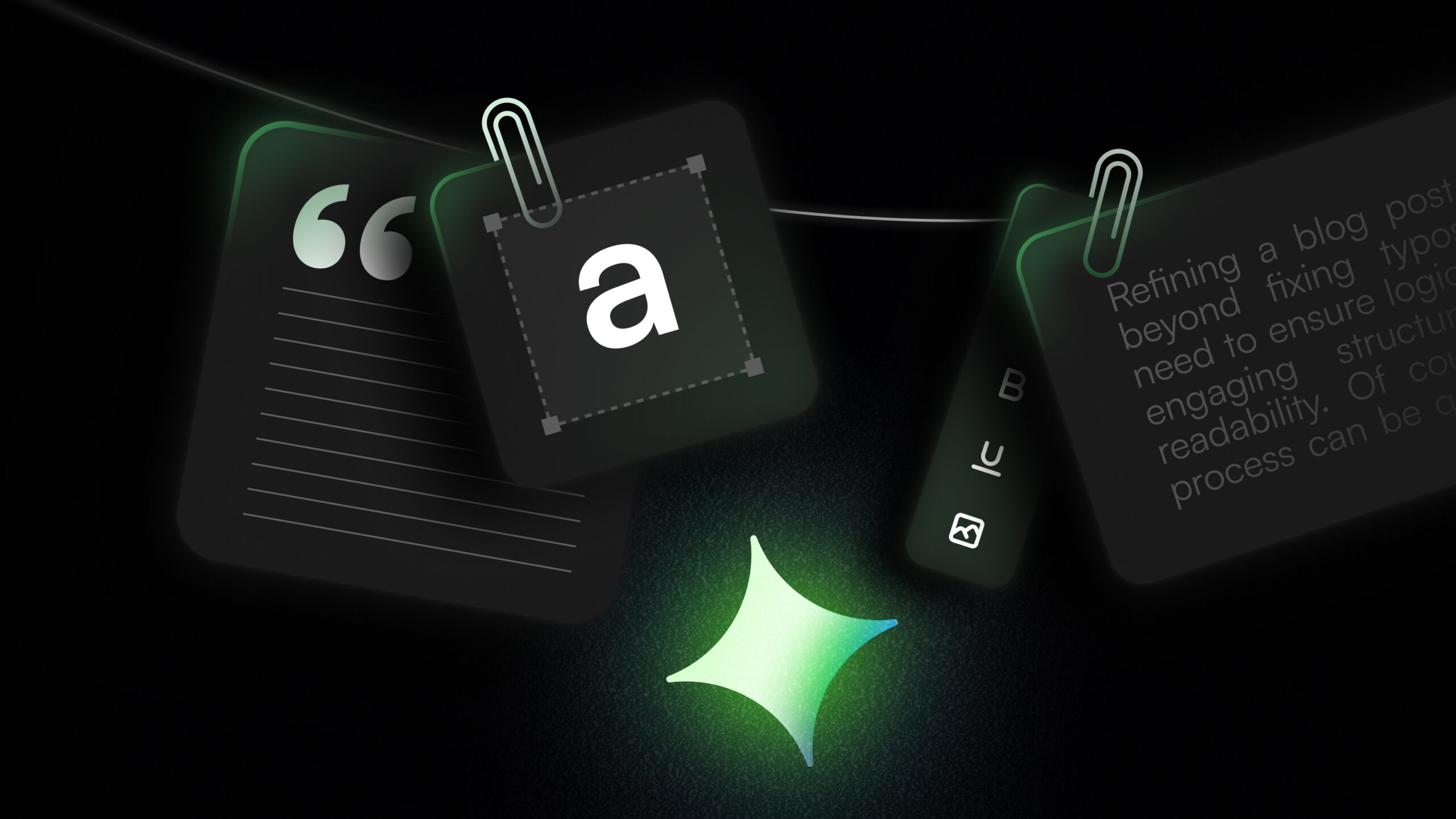

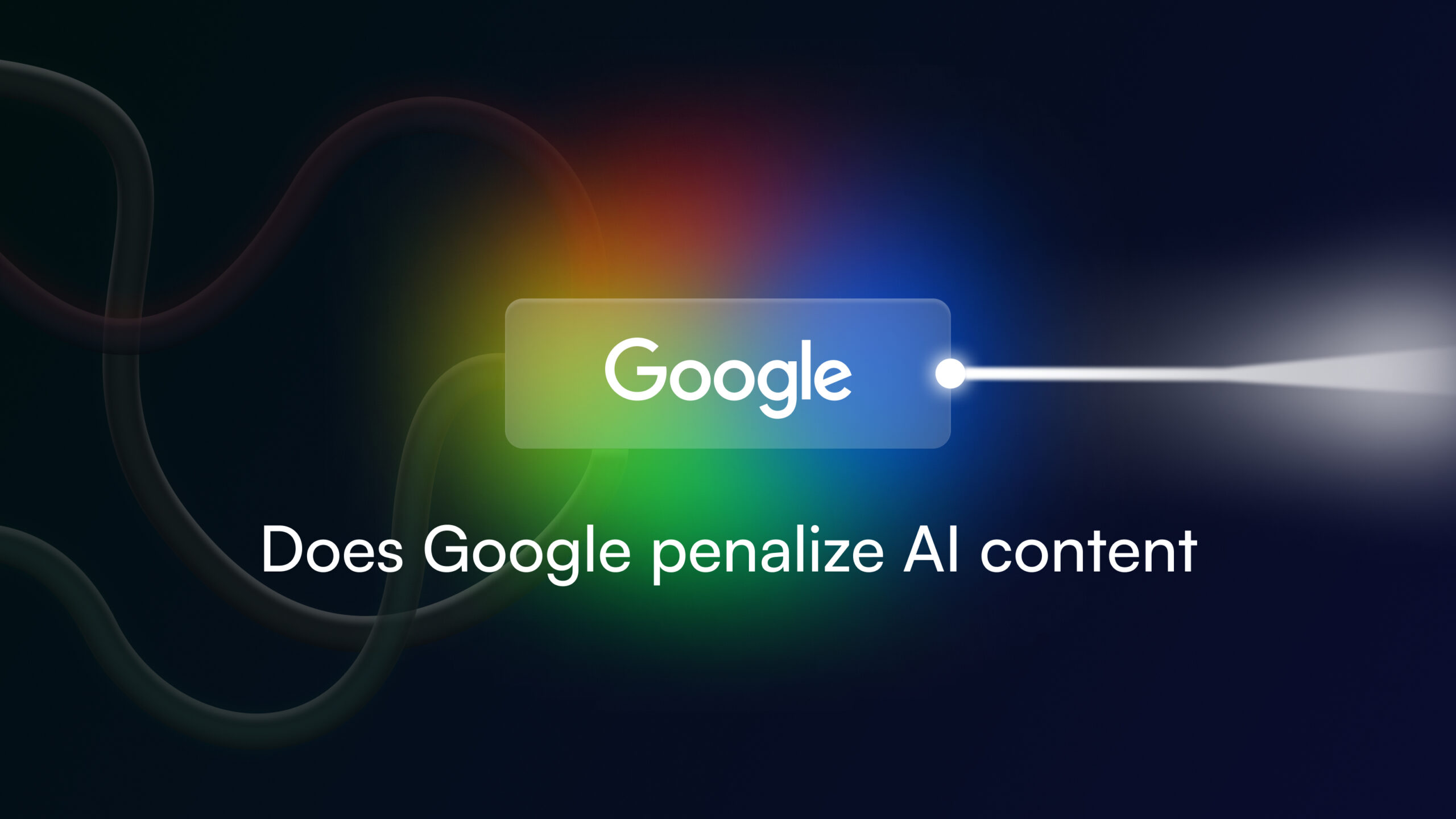

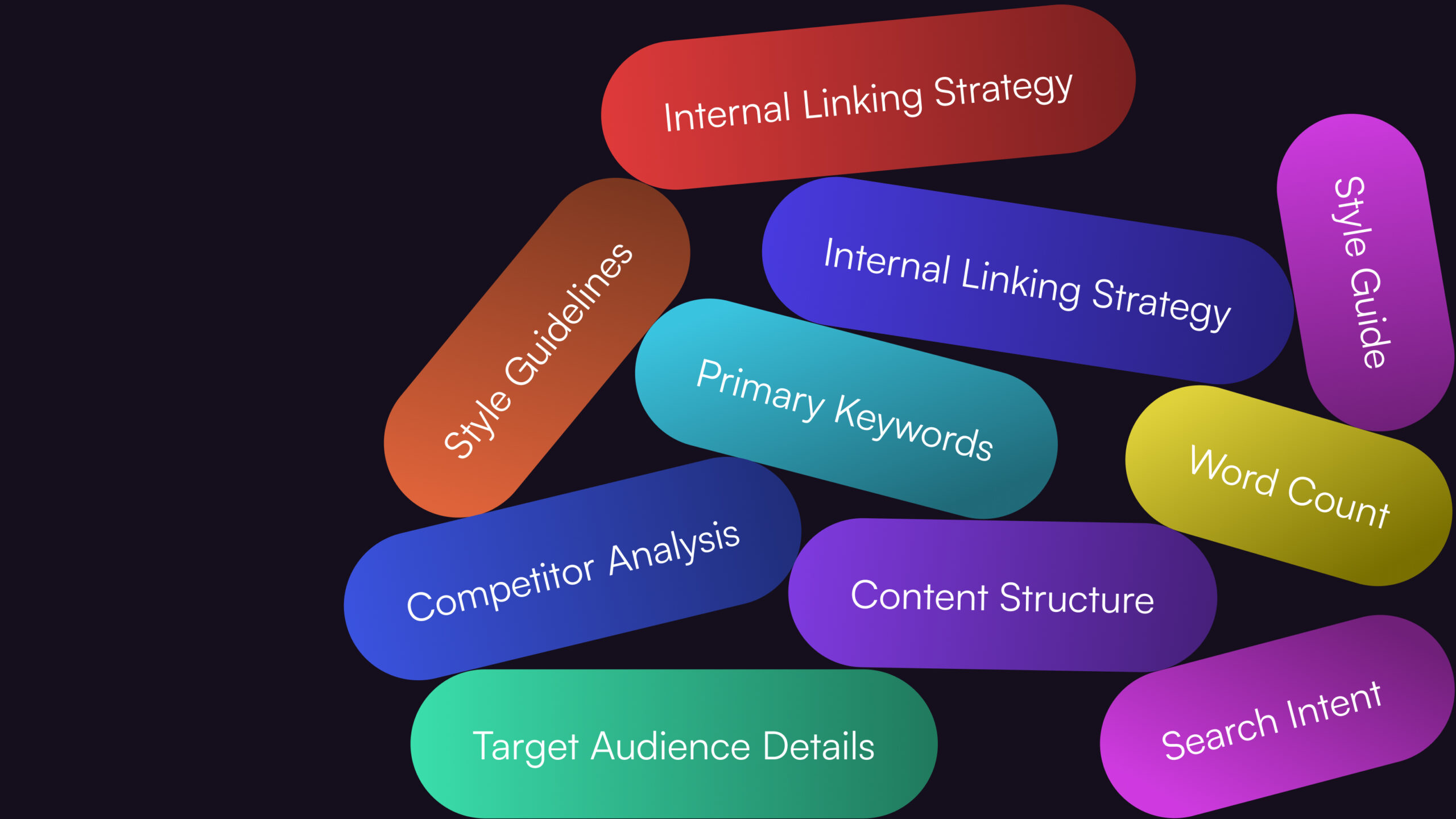


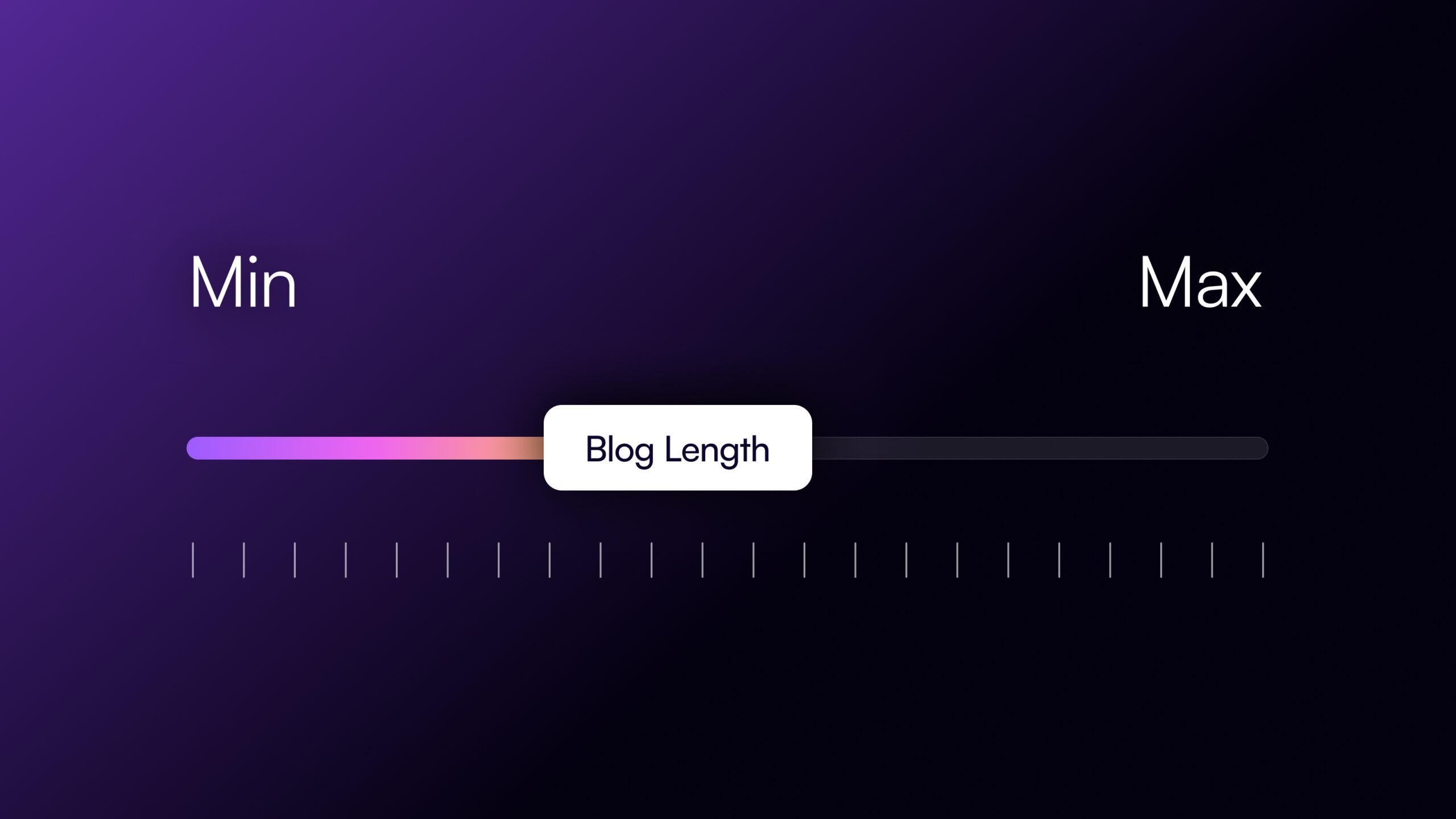
![The 11 Best AI Writing Tools to Try in 2025 [Tried & Tested]](/wp-content/uploads/AI-Writing-tools-For-Business.jpg)
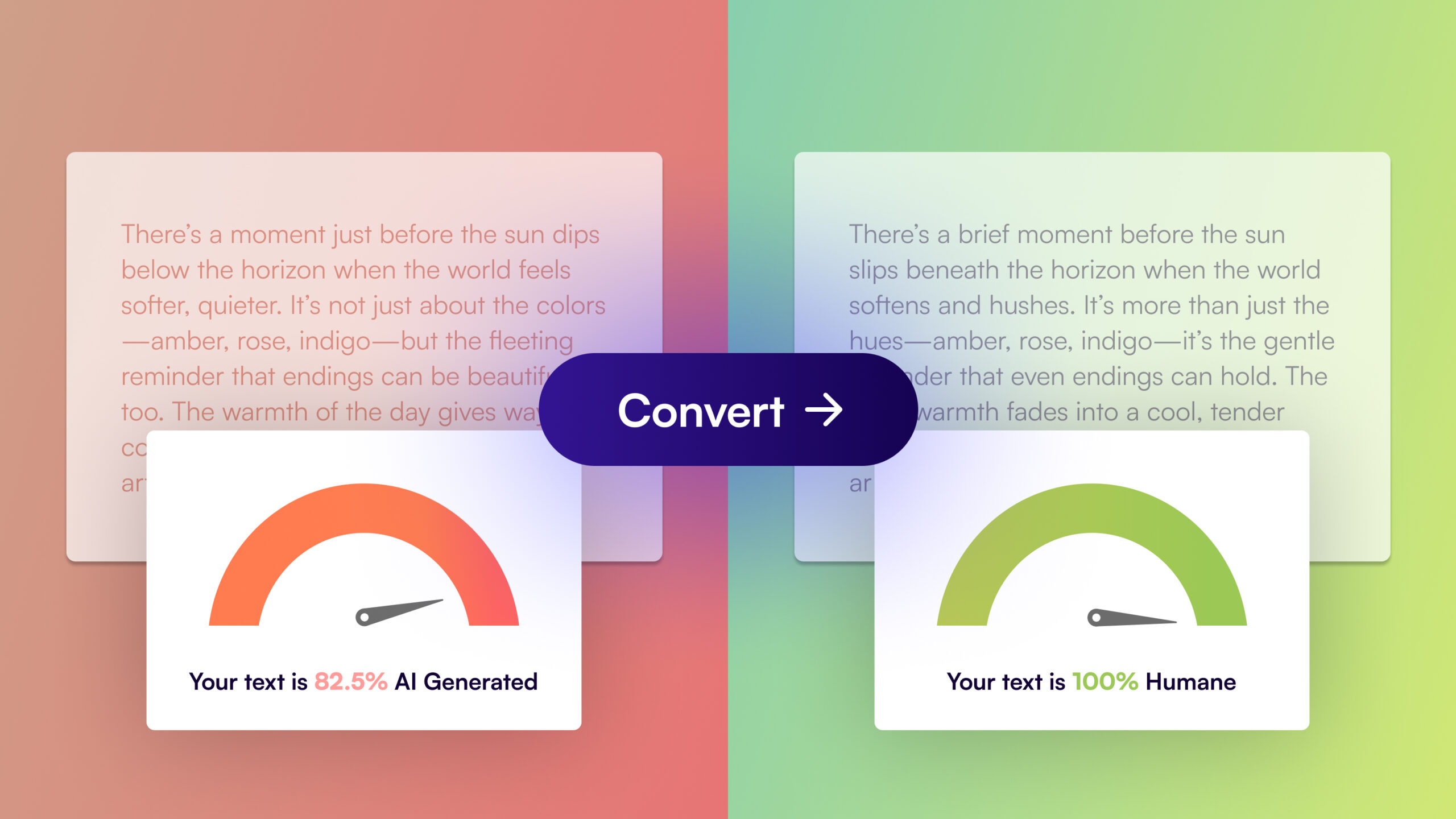

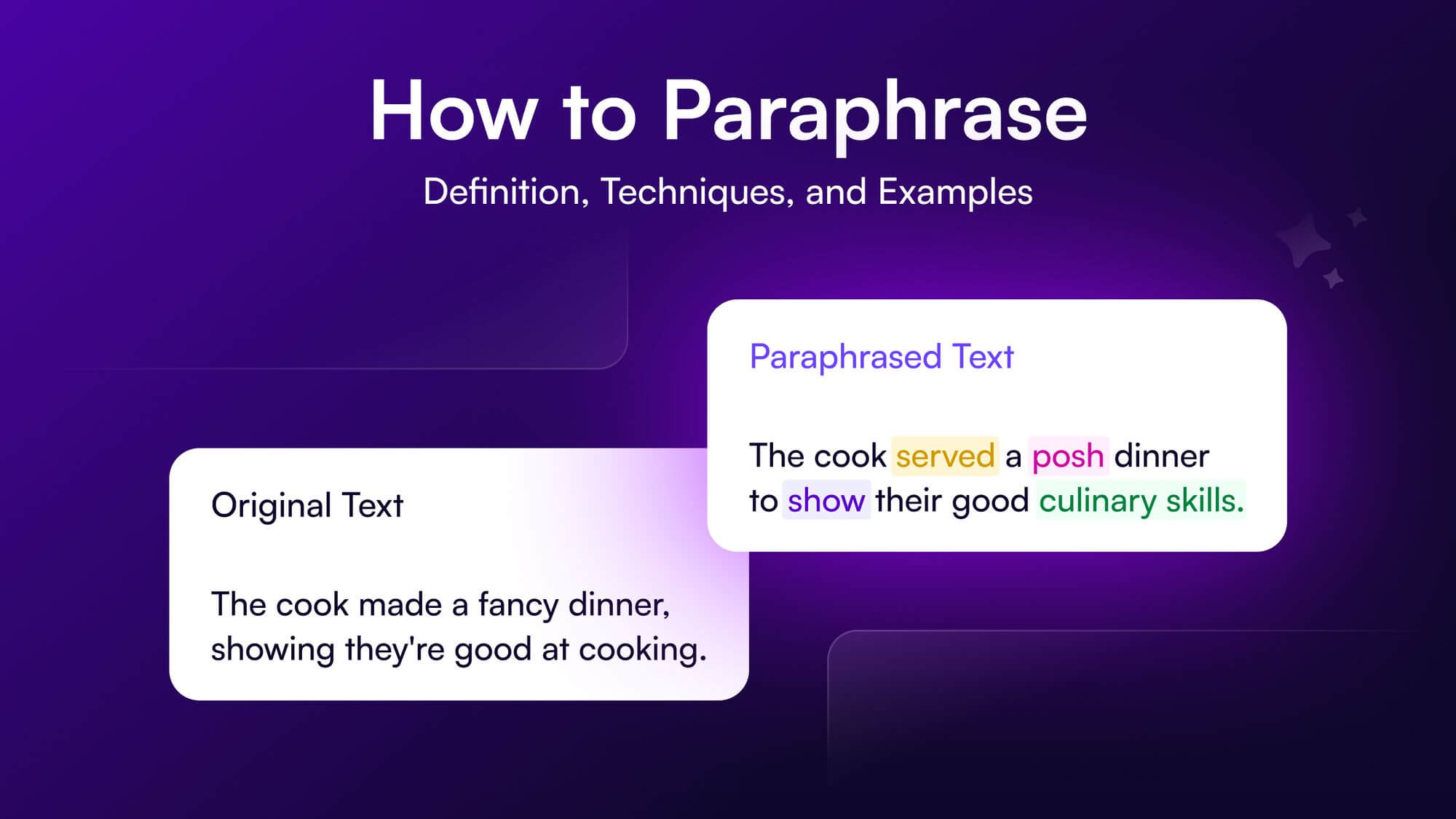


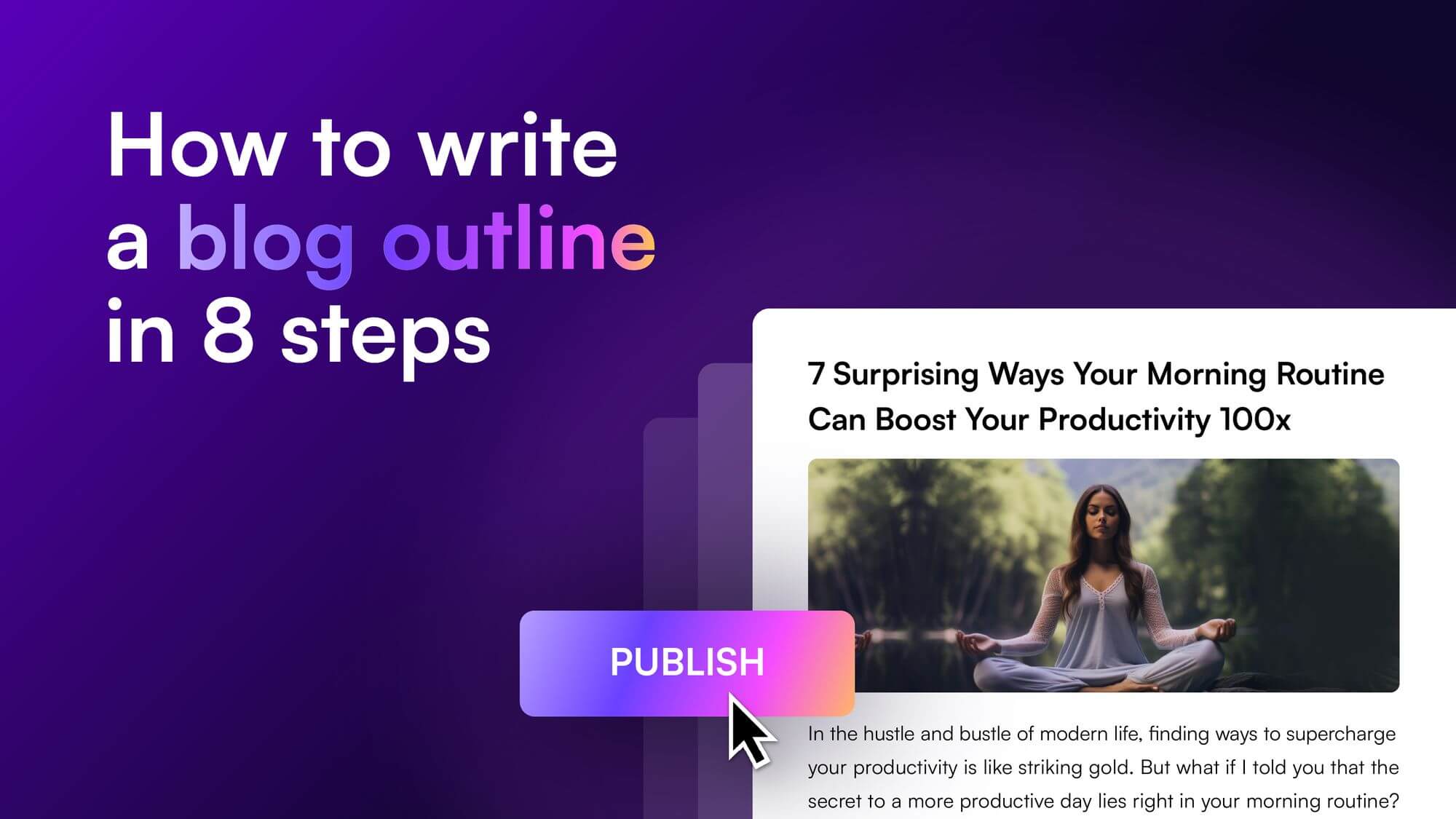

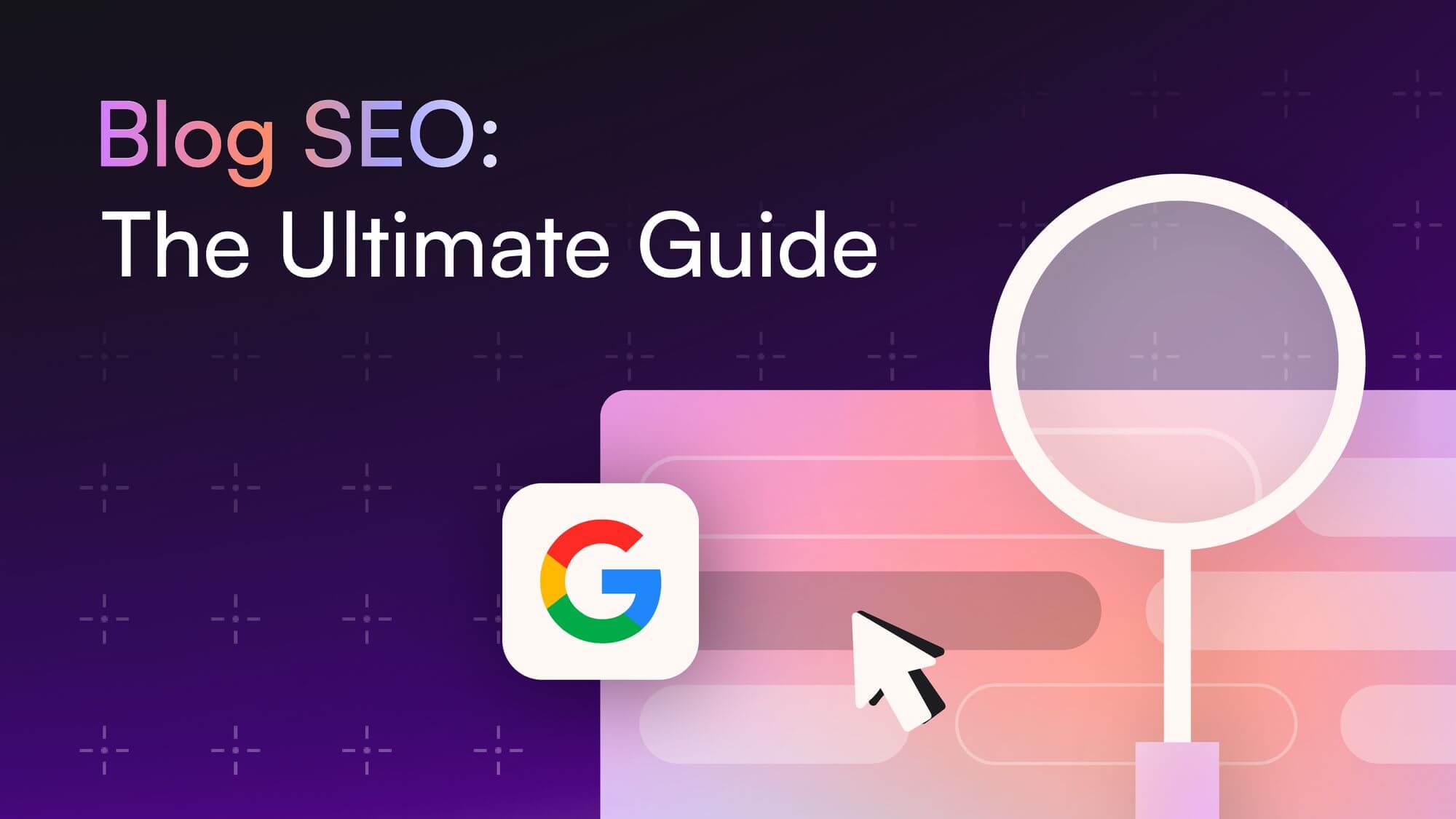

![How to Write a Blog in 2025: A Step-by-Step Guide [+Free Checklist]](/wp-content/uploads/How-to-write-a-blog-Thumbnail.jpg)


